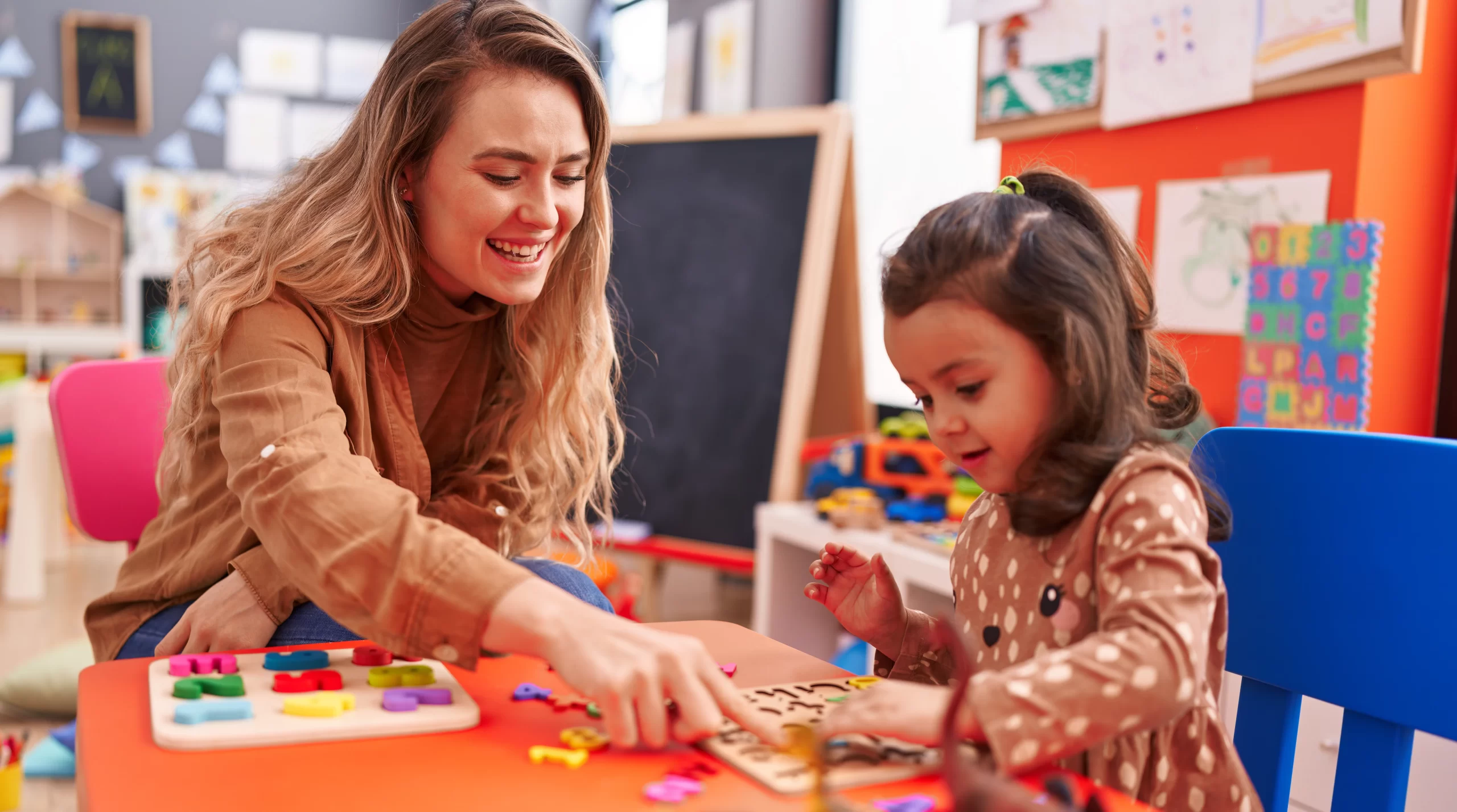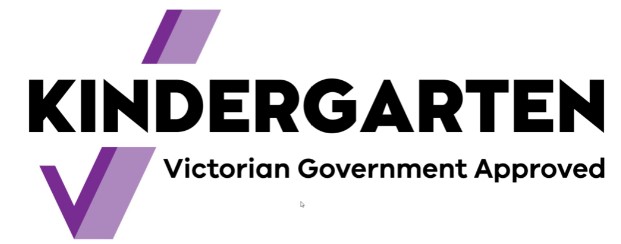Kindergarten Literacy Skills Your Child Needs Before Prep – Is Your Child Ready?
12 August 2025
Learn the Kindergarten literacy skills your child needs before Prep. Gower Street Kindergarten supports early learning for a confident school start.
The transition from Kindergarten to Prep is a significant milestone in your child’s early educational journey. As parents and carers, ensuring that your child is equipped with strong Kindergarten literacy skills is crucial for setting a positive foundation for future academic success. Recognising and nurturing these skills during the Kindergarten years helps build confidence and readiness for a new, structured learning environment.
The Importance of Early Literacy
Early literacy development is vital as it supports a child’s ability to communicate effectively, understand language, and engage meaningfully with the world around them. Developing Kindergarten literacy skills not only prepares children for the demands of formal schooling but also enhances their ability to think critically, listen actively, and express ideas clearly.
Studies show that children who begin the Prep year with well-established literacy skills are more likely to experience continued success throughout their education. Early exposure to reading, storytelling, and written language encourages a lifelong love for learning and supports emotional and social growth.
Key Kindergarten Literacy Skills to Look For
Before the Prep year, children should show basic literacy skills, developed through play, talk, and purposeful learning. The following are essential areas to observe:
• Letter Recognition – Children should recognise and name most uppercase and lowercase letters, helping them link letters to sounds for reading and writing.
• Phonemic Awareness – Phonemic awareness is the ability to hear and play with individual sounds in words, like rhyming, identifying sounds, and blending them. It’s a key pre-reading skill that supports phonics and decoding.
• Vocabulary Development – A growing vocabulary helps children understand spoken and written language. Talking regularly, asking questions, and using new words in context build their word knowledge and comprehension.
• Listening and Comprehension – Strong listening skills are essential for literacy. Children should follow instructions, retell stories, and answer questions about books, showing they’re ready for the Prep classroom learning.
• Print Awareness – Print awareness means knowing that written words have meaning. Children should understand how books work and how print is read, laying the foundation for reading fluency.
• Writing Readiness – Kindergarteners aren’t expected to write formally, but should show interest in writing and drawing. They might try writing their name, forming letters, or telling stories through pictures—key early steps in communication.
Signs Your Child May Need Extra Support
Not all children develop literacy skills at the same pace, and it is important to recognise when additional guidance may be beneficial. If you observe the following signs, it may be worth seeking support from educators or specialists:
• Difficulty remembering letter sounds
• Trouble concentrating during storytime
• Avoidance of reading or writing tasks
Early intervention can significantly improve literacy outcomes and foster confidence in children as they approach Prep year.
Getting Ready for Prep School at Gower Street Kindergarten
At Gower Street Kindergarten in Preston, VIC, we focus on building strong Kindergarten literacy skills to ensure a smooth transition into Prep schooling. Our purpose-built centre offers an environment that sparks curiosity and supports both structured learning and play. Through storytelling, phonics games, and early writing activities, we foster confident, age-appropriate literacy development.
If you are preparing your child and would like to learn more about how we can support their literacy journey, we invite you to contact us or visit our centre. Let us help lay the foundation for your child’s lifelong learning success.
Related blog article: 3-Year-Old Kindergarten Program: Gentle Introduction to Early Education

